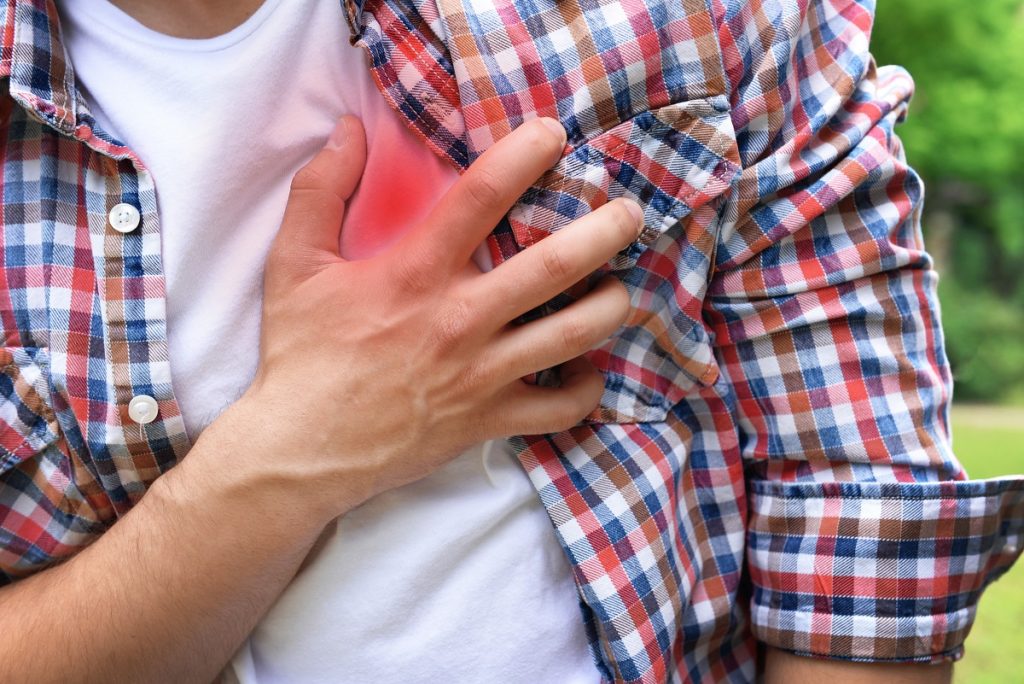Our heart and our cardiovascular system are one of the essential parts of the human body. Without a functional heart, it would be impossible to pump blood, nutrients, and oxygen towards vital organs and different parts of the body.
Our heart and the surrounding muscles are known for consistently and tirelessly pumping blood towards different body systems. Since our heart and vital parts of this system are constantly moving and pumping blood, it will need a good amount of energy and nutrients to stay active and functional. This is why many health professionals would suggest living a more active lifestyle to ensure that our heart remains in optimal condition.
But like every other part of our body, our cardiovascular health is dependent on our lifestyle and overall diet. Overeating fatty and greasy food can have consequences on our heart, especially when cholesterol can easily build in the blood vessels close by. Not only can this cause problems with hypertension, but this can also lead to the proliferation of cardiovascular diseases.
Many cardiovascular diseases can be fatal and severe. That said, we must detect early signs of possible heart conditions as early as possible. So what are some early signs that you’ll need to look out for? Here’s what you need to know.
Is It Serious?
But right before we get into the early signs of cardiovascular problems that you’ll need to look out for, we will need to answer one of the most important (and commonly asked) questions that medical experts get: Is it serious? Well, this will ultimately depend on a variety of factors, which include your lifestyle, your diet, and pre-existing conditions that you’ve had over the past few years and decades. Although, most professionals would say that almost any form of cardiovascular disease should be addressed as soon as possible since this can be fatal.
It’s important to note that your cardiovascular health is known for being one of the most critical body systems. Some of the complications that affect your heart and its organs are relatively complex to understand for the average individual. Since cardiovascular health is vital to our lives, we must seek professional advice and aid.
Not quite sure where you can find important information about cardiovascular health? There are always services that offer critical insight and services in improving heart health. Having professional help and supervision is the best way of mitigating any risk of cardiovascular diseases.
Tightness in Your Chest
First and foremost, one of the most common warning signs of a heart problem is a certain tightness in your chest, which is usually accompanied by chest pain. But what should you be worried about? Most accounts of patients who have cardiovascular disease would say that they experience a “cumbersome” feeling on their chest. Although, the type of pain can vary, with others saying that they feel a “stabbing” or “burning” sensation on their chest.

The intensity of the pain can also vary. Chest pain can range from being a mild discomfort that won’t bother an individual’s daily tasks to the heaviness that can leave some people bedridden.
It’s also important to keep in mind that the pain in this situation will also spread towards other parts of the body, such as the shoulders, spine, and stomach. Although, the pain is not as pronounced as that in the chest.
Swollen Legs and Feet
Compared to other symptoms, which can be linked to different types of problems, oedema is directly related to issues with your heart. There are only a handful of complications related to swollen legs and feet, such as problems with your kidneys and liver.
But in most cases, oedema is related to the heart. If you’re having some type of swelling on your legs, you can pinch the area. If the swollen area persists for a few more seconds, then there’s a good chance that this can be a sign of heart complications.
Why does this happen? Well, the heart is also responsible for the “flow” of fluids around the body. A heart that’s struggling will have a harder time regulating the flow of fluids around your body, which may start in your feet and legs.
Arrhythmia and Palpitations
Contrary to what most people think, palpitations and arrhythmia are different things. Palpitation is usually known as a harmless phenomenon, while arrhythmia can be a cause for concern.
Although, most would say that many factors can affect someone’s heart rate and fast heartbeat. This can range from drinking coffee, anxiety, and excessive exercise, and lack of water intake. However, people should be wary if they experience palpitations without the influence of any outside factors. One such condition, known as atrial fibrillation, can be an early symptom of stroke.
The key to a healthy and happy life is living a lifestyle that can help prevent ailments, especially cardiovascular diseases. Early signs that individuals should be aware of include chest pain, shortness of breath, coughing, and arrhythmia. Although some of these symptoms might be present for other types of diseases, there’s no hurt in going to a doctor for a more comprehensive check-up. Still, prevention should be your top priority. Remember: it’s better to live an active lifestyle now than regretting your lifestyle decisions when you’re already in a wheelchair.
